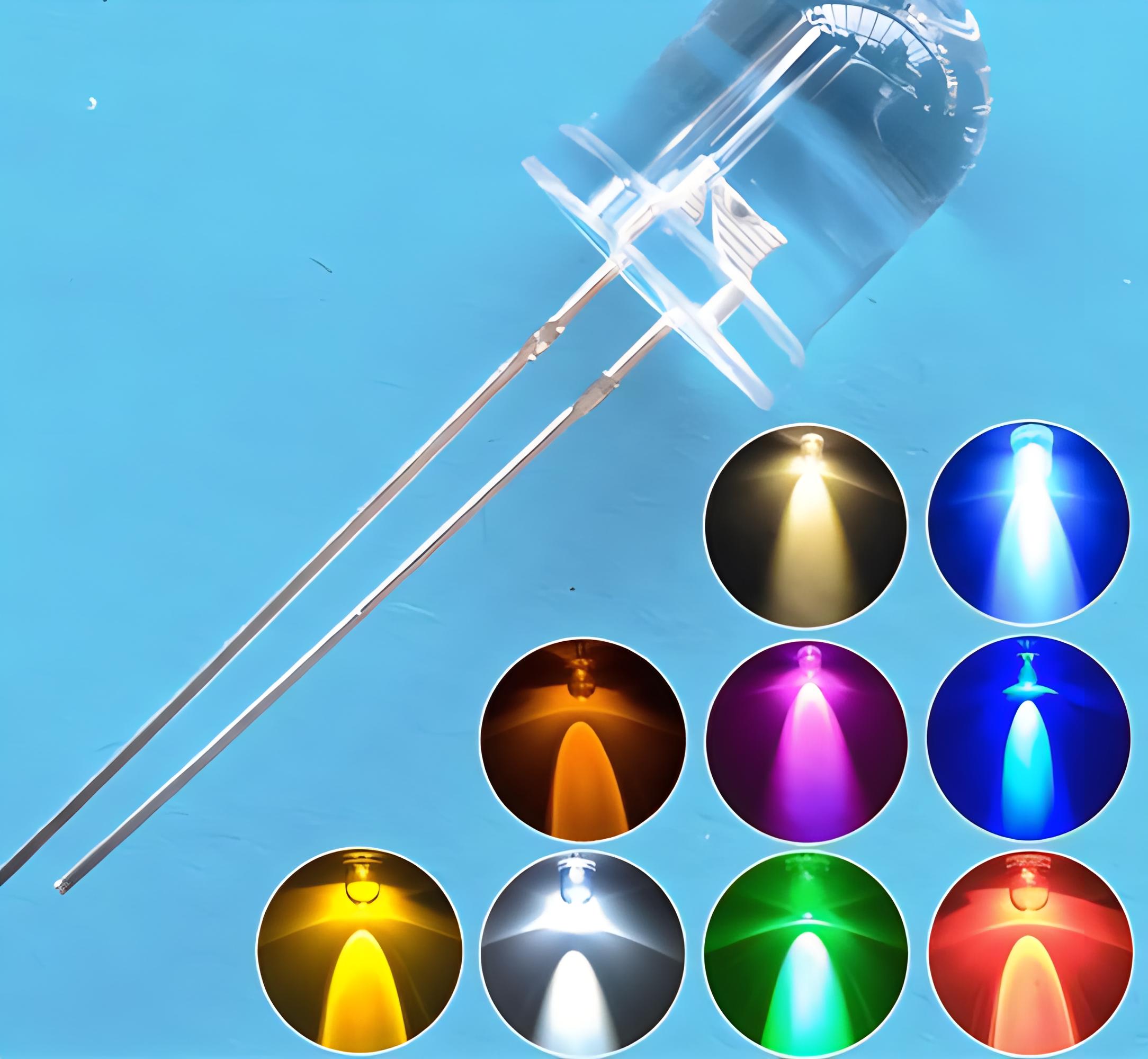what is light emitting diode
Light Emitting Diode (LED) is a semiconductor device that emits light when an electric current passes through it. It is a solid-state lighting technology that has revolutionized the lighting industry. In this article, we will discuss what a light emitting diode is and its benefits.
Firstly, LEDs work based on the principle of electroluminescence. When a voltage is applied to the LED, electrons and holes recombine within the semiconductor material, releasing energy in the form of photons. The energy level of the photons determines the color of the light emitted by the LED, ranging from red, green, blue, to white.

LEDs offer numerous advantages compared to traditional lighting sources. Firstly, LEDs are highly energy-efficient. They convert a higher percentage of electrical energy into visible light, resulting in significant energy savings. This makes LEDs an environmentally friendly and cost-effective lighting solution.
Secondly, LEDs have a long lifespan. They can last up to 50,000 hours or more, which is significantly longer than traditional incandescent bulbs or fluorescent lamps. This reduces the frequency of replacements and lowers maintenance costs.
Thirdly, LEDs are durable and robust. They are resistant to shock and vibrations, making them suitable for various applications in rugged environments. LEDs also have a fast response time, allowing for instant on/off switching without any warm-up period.
Furthermore, LEDs offer design flexibility. They come in various sizes, shapes, and colors. LEDs can be used for general lighting, automotive lighting, signage, displays, and backlighting. With advancements in technology, LEDs can now be dimmed, color-changed, and even controlled wirelessly, providing endless possibilities for creative lighting designs.
In addition to their energy efficiency and long lifespan, LEDs are environmentally friendly. They do not contain hazardous materials like mercury, which is typically found in fluorescent lamps. LED lighting also reduces carbon emissions and contributes to a greener and more sustainable future.
LEDs have revolutionized the lighting industry with their numerous benefits. They provide bright, efficient, and long-lasting lighting solutions for various applications. As technology continues to advance, LEDs are expected to become even more efficient, versatile, and affordable.
In conclusion, a light emitting diode (LED) is a semiconductor device that emits light when an electric current passes through it. LEDs offer energy efficiency, long lifespan, durability, fast response time, and design flexibility. They are environmentally friendly and have revolutionized the lighting industry. As the technology continues to advance, LEDs will continue to play a significant role in lighting solutions for the future.












